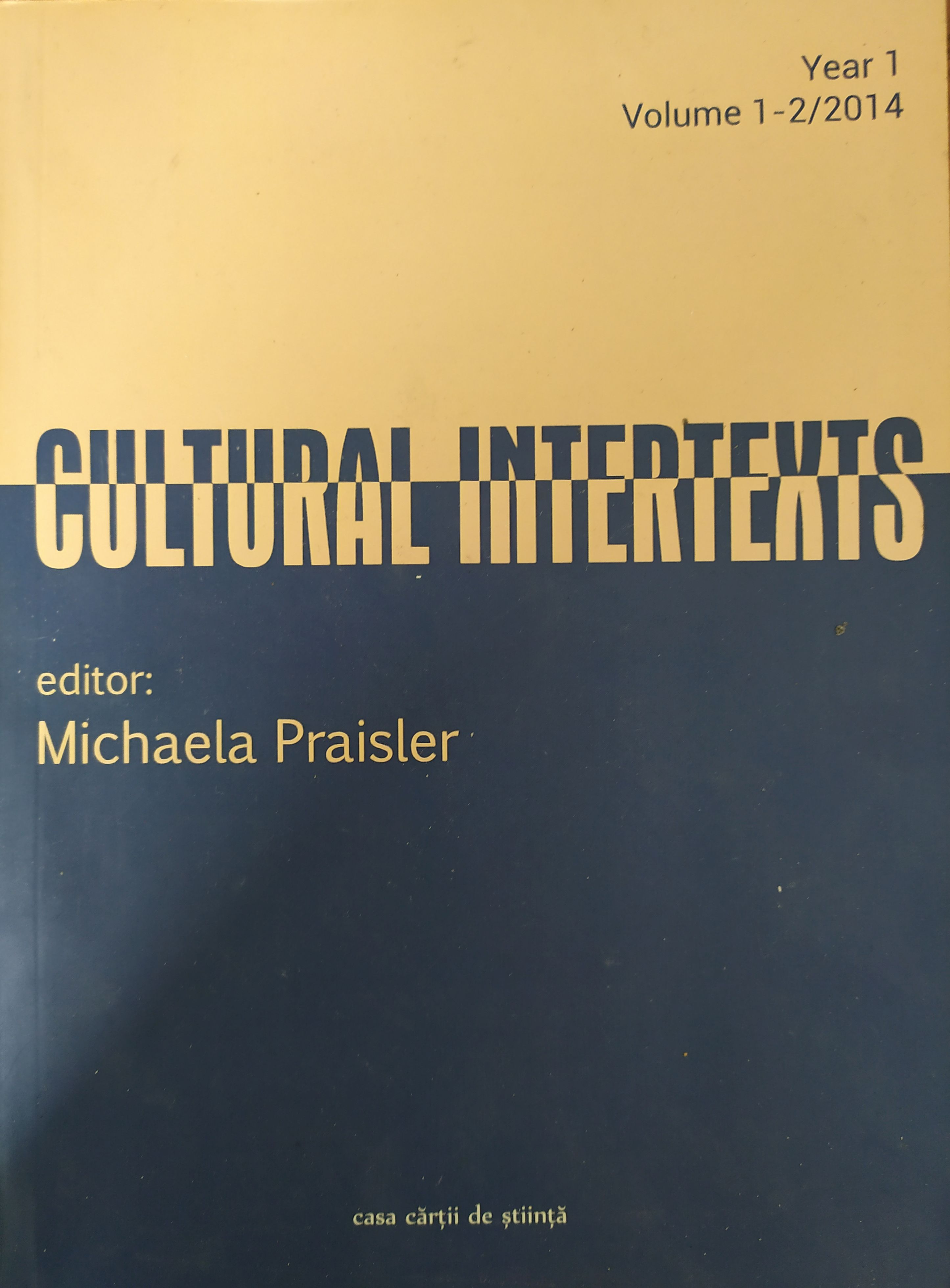Morphological Characteristics of the Language used in Civil Engineering
Morphological Characteristics of the Language used in Civil Engineering
Author(s): Liliana-Florentina RicinschiSubject(s): Applied Linguistics, Morphology, Lexis
Published by: Editura Casa Cărții de Știință
Keywords: civil engineering; morphology; noun phrase; nominalisation; passive voice;
Summary/Abstract: This paper aims at investigating the particular features of civil engineering written discourse. A first assumption is made that the language employed in civil engineering is a subcategory of English for Specific Purposes. As part of ESP, it is thus bound to have a set of specialized lexical and grammatical features which are not in the repertoire of the non-users of that particular domain: complex noun phrases, special use of articles, special use of modal verbs, frequency of the passive voice and of present tense simple, long complex sentences, collocations, specialized terminology. Focus will be laid on demonstrating that the morphological features mentioned above are present in the texts which were selected for analysis. The texts belong to different domains related to civil engineering, namely steel structures, concrete constructions, building materials and railway systems. Two main morphological categories will be analysed in detail, i.e. the noun and the verb. In the part referring to the nominal component, the noun phrases used in the corpus, the special use of the articles and a process which we consider typical for our type of discourse, i.e. nominalization, will be investigated. In the section focusing on the verb, the voice, tense, aspect and the values of the modal verbs used in civil engineering texts will be analysed.
Journal: Cultural Intertexts
- Issue Year: 1/2014
- Issue No: 01+02
- Page Range: 320-332
- Page Count: 13
- Language: English

